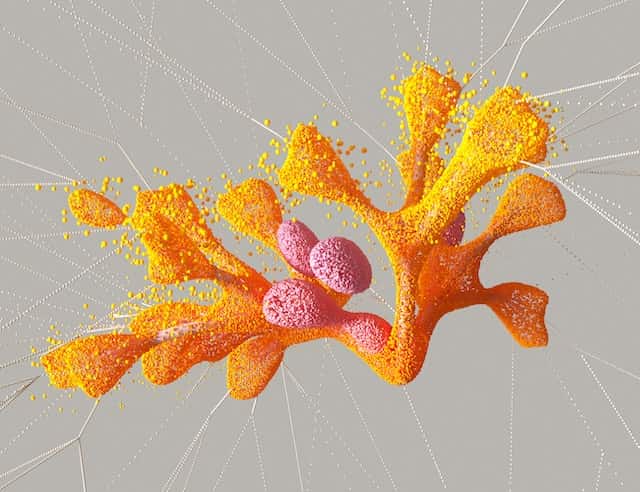The need for efficient data analysis and interpretation is paramount in science and technology. Bioinformatics visualization stands at the intersection of biology, data science, and technology, offering a powerful tool to make sense of the complex world of biological data.
Unraveling the Complexity of Biological Data

The wealth of biological data generated from various sources, such as genomics, proteomics, and metabolomics, is staggering. Scientists and experts constantly face huge challenges in making the most of this vast and intricate web of information.
Traditional data analysis methods need to improve in handling the scale and complexity of biological data, making it challenging to draw meaningful insights.
Bioinformatics visualization comes to the rescue by providing innovative ways to represent and analyze biological data. Researchers can transform raw data into understandable visuals with advanced algorithms and visualization tools. These visuals range from 2D and 3D molecular structures to interactive network graphs, allowing scientists to explore and understand complex biological phenomena easily.
Unlocking Insights with Bioinformatics Visualization
The ability to visualize data effectively can help scientific progress. Researchers might miss critical patterns, correlations, or anomalies hidden within the data. This lack of insight can delay discoveries and the development of life-saving treatments and technologies.
Bioinformatics visualization acts as a bridge between data and discovery. By rendering complex biological data visually, scientists can quickly identify trends, outliers, and relationships that might have otherwise remained hidden. This accelerates the research process and opens new avenues for breakthroughs in fields such as personalized medicine, drug discovery, and genetics.
Enhancing Collaboration and Communication
It is imperative to practice collaboration and effective communication, especially in science and technology. Traditional data presentations, laden with tables and spreadsheets, often need to engage stakeholders and convey the significance of findings.
Bioinformatics visualization offers a universal language that transcends disciplinary boundaries. By presenting data visually appealing and intuitively, scientists can communicate their findings effectively to peers, policymakers, and the public. This fosters collaboration and facilitates knowledge sharing, ultimately driving scientific advancements forward.
Bioinformatics visualization emerges as a powerful thread, weaving together data analysis, discovery, and communication. It addresses the challenges posed by the sheer complexity of biological data, unlocks hidden insights, and enhances collaboration among researchers.
